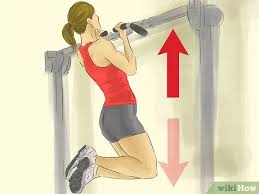Sydney, Australia – A recent study has found that just five minutes of daily physical activity, such as walking uphill or climbing stairs, could significantly help reduce blood pressure levels. The research, led by an international academic team from the University of Sydney and University College London, was published on Thursday and suggests that even short bursts of exercise might have substantial health benefits.
According to findings by the Prospective Physical Activity, Sitting and Sleep (ProPASS) Consortium, replacing sedentary habits with just five minutes of intense movement can lower blood pressure, while committing to 20-27 minutes of exercise daily offers a clinically meaningful reduction. Emmanuel Stamatakis, the study’s senior author and director of the ProPASS Consortium at the University of Sydney, emphasized the accessibility of these findings.
“High blood pressure is one of the biggest health issues globally,” said Stamatakis, “but unlike some major causes of cardiovascular mortality, there may be relatively accessible ways to tackle the problem in addition to medication. The finding that as little as five extra minutes of exercise per day could measurably lower blood pressure readings emphasizes how powerful short bouts of higher intensity movement could be for blood pressure management.”
The research team analyzed data from 14,761 volunteers to explore how changing one type of movement for another impacts blood pressure. Findings revealed that swapping sedentary behavior for just 20 minutes of exercise daily could reduce the incidence of cardiovascular disease by as much as 28%.
Globally, high blood pressure remains a widespread health challenge. The World Health Organization estimates that around 1.28 billion adults between 30 and 79 years old are affected by hypertension, defined as consistently elevated blood pressure. Notably, 46% of those with hypertension are unaware of their condition, often resulting in undiagnosed health risks.
This research highlights the potential for small lifestyle changes to positively impact cardiovascular health, underscoring the power of brief but consistent exercise routines in addressing one of the world’s most pervasive health concerns.











